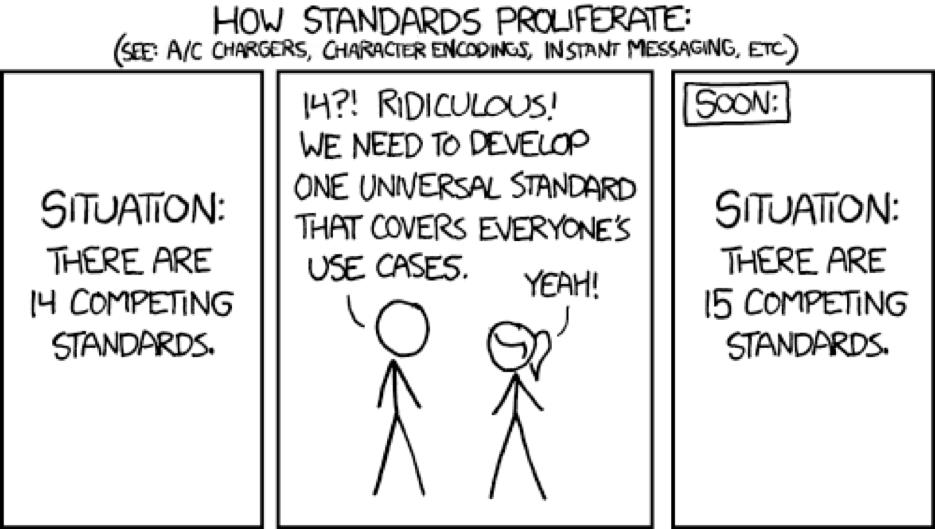Making Sense of WASH Information in South Sudan Challenge Statement
Challenge presented by REACH Initiative
Context: Amongst WASH actors in South Sudan, it is difficult to know what information is available, and what is up to date. The current state of WASH IM has information spread across many services: ReliefWeb, HumanitarianResponse.info, Google Drive, emails, etc. Even for those who are knowledgeable about all the current components, it can still be difficult to find content. Important documents can be missed when making decisions, or out of date data is used simply because that is what is easiest to find.

Solution: Develop one universal IM platform that covers everyone’s use cases. This platform is very similar to ReliefWeb and HDX, but includes extra filterable fields that are specific to South Sudan and WASH to make data easier to find. So far, a Content Management System (CMS) has been built by the external consultant SpatialDev that is undergoing testing in South Sudan. At the moment, visualization prototypes are being discussed that will provide thematic maps of assessment data, and will be tested as soon as they are built.
Challenges: The biggest challenges to the success of this platform are not technical ones for the most part.
- The first challenge is whether the portal is accepted by users. Training must be provided on how to use it properly, and expectations will have to be set on the frequency and timeliness of data submissions for it to become a useful tool. This will require someone to maintain ownership of the platform, promote its use, and remind partners to contribute.
- The challenge of maintenance equally important to keep in mind. Since this is a very technical solution using advanced custom frameworks, there is no capacity in South Sudan to maintain it. Even globally, there is likely limited support available, so this should be expanded immediately. Additionally, if there are future change that cannot be provided for by the platform, other more flexible solutions should be considered that enjoy greater support and can integrate with this platform. As much as possible, the platform should continue to be simplified so that it becomes more maintainable and will not become a abandoned once all people with the specific knowledge of it leave their organizations.
- Since this portal is very similar to ReliefWeb and HDX, it must compete against them and offer very compelling reasons to use it instead. Since these other platforms are very mainstream, and will likely continue as most people’s first interaction with South Sudan WASH data, their popularity cannot be ignored. The WASH platform needs to be able to integrate with these to make sure that data uploaded to it is also shared with these portals as well.
- One of the reasons HumanitarianResponse.info had become the latest WASH IM portal was that it offered a very flexible way to curate content that made it easier to navigate than a filterable database. Unfortunately, there was no way to store information in a standardized way there, and most content became links to a Google Drive, links which sometimes break. The platform needs to be able to address this problem as well and provide a guided experience for new users without losing its structure.
- The visualizations provided by the platform are very data-intensive, and do not support offline use, making it difficult to access in South Sudan. There are existing solutions that provide offline-capable interactive visualizations, and these should be looked at to see how it could bring the data to a larger audience.
- The first challenge is whether the portal is accepted by users. Training must be provided on how to use it properly, and expectations will have to be set on the frequency and timeliness of data submissions for it to become a useful tool. This will require someone to maintain ownership of the platform, promote its use, and remind partners to contribute.
- The challenge of maintenance equally important to keep in mind. Since this is a very technical solution using advanced custom frameworks, there is no capacity in South Sudan to maintain it. Even globally, there is likely limited support available, so this should be expanded immediately. Additionally, if there are future change that cannot be provided for by the platform, other more flexible solutions should be considered that enjoy greater support and can integrate with this platform. As much as possible, the platform should continue to be simplified so that it becomes more maintainable and will not become a abandoned once all people with the specific knowledge of it leave their organizations.
- Since this portal is very similar to ReliefWeb and HDX, it must compete against them and offer very compelling reasons to use it instead. Since these other platforms are very mainstream, and will likely continue as most people’s first interaction with South Sudan WASH data, their popularity cannot be ignored. The WASH platform needs to be able to integrate with these to make sure that data uploaded to it is also shared with these portals as well.
- One of the reasons HumanitarianResponse.info had become the latest WASH IM portal was that it offered a very flexible way to curate content that made it easier to navigate than a filterable database. Unfortunately, there was no way to store information in a standardized way there, and most content became links to a Google Drive, links which sometimes break. The platform needs to be able to address this problem as well and provide a guided experience for new users without losing its structure.
- The visualizations provided by the platform are very data-intensive, and do not support offline use, making it difficult to access in South Sudan. There are existing solutions that provide offline-capable interactive visualizations, and these should be looked at to see how it could bring the data to a larger audience.